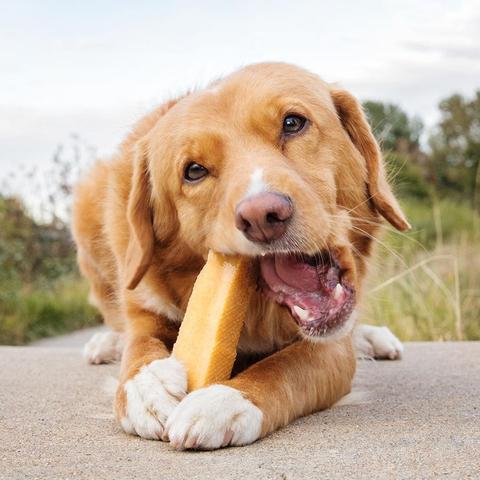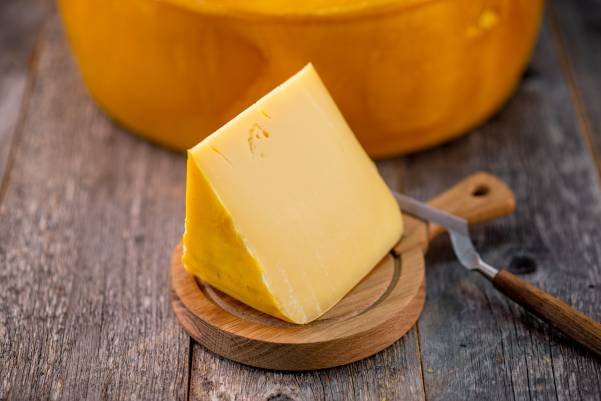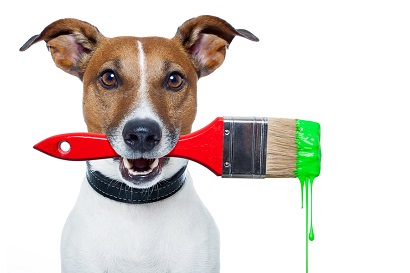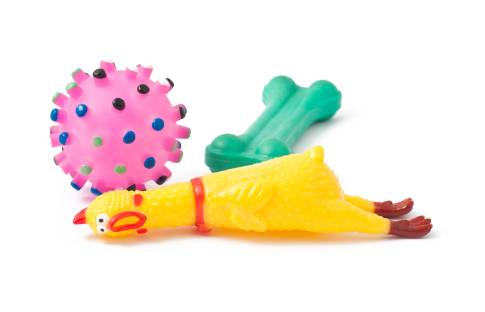Connect with a verified veterinarian in minutes. Licensed vets are available 24/7 to answer your questions. No need to worry about your furry family member.
Have you heard of Yak bones or chews? They’ve become a popular treat for dogs! And if your dog is like most dogs, he probably has a keen urge to chew anything and everything, including Yak bones.
What are Yak Bones?
Yak bones/chews, also called Himalayan dog chews, are the latest thing in chews for dogs. They are a hard treat that’s made from a combination of cow and yak milk. The chews may also contain salt and lime juice. That sounds more like a margarita than a dog chew!
The chews become soft as they’re gnawed and sucked, so small pieces may come off. The idea is that the Yak bone chews are great to help keep your dog’s teeth healthy, as the chews are supposed to clear away plaque and food debris.
The chews are also popular for being low odor, and for not causing stains on carpeting and fabrics. The Yak bones are available in different flavors, too. Another reason the treats are a favorite is because they tend to last a long time.
Are Yak Bones Dangerous for Dogs?
If they’re chewed, in most cases the bones will not cause a problem. However, if the dog manages to bite off a hunk of a chew, there’s a chance the small piece can become lodged in the dog’s throat or gastrointestinal tract. It can then cause the dog to choke or cause a bowel obstruction.
Another issue is that if a dog is allergic to cow’s milk or is lactose intolerant, the chews could cause a digestive problem.
And because the “bones” are so hard, they may cause broken teeth in some dogs.
So, while these treats are promoted as safe, you’ll need to supervise your dog if you give him one of these yak bones. Then you’ll need to watch in case he swallows large pieces or small sharp pieces of it.. Both of these could lead to life-threatening medical issues. In that case, you’ll need to get your canine companion to the vet as soon as possible.

Review symptoms, medications & behavior to keep your pets healthy with a Vet Online in just minutes.
Ask a Vet Live NowTips to Keep Your Dog Safe When He’s Chewing Yak Bones
Some dogs love yak bones and don’t have any problem with the chews. However, it’s still a good idea to monitor your dog and use the following tips to keep him safe as he enjoys the dog chews:
1. Supervise
It’s a good idea to supervise your dog as he chews on a yak bone. That way, you can make sure he’s not choking or swallowing large pieces of the dog chew.
When your fur baby reaches the end of the chew, it’s best to throw it away. At this point, the yak bone could more easily become a choking hazard.
2. Not Suitable for Puppies
Puppies need to chew as they go through the teething process. However, yak bones are not safe for puppies under four months of age.
3. Not Good for Dogs with Weak Teeth
Some smaller or older dogs can have weak teeth. Because yak chews are so rigid, they can more easily break weaker teeth, making them unsuitable for these dogs.
Dog Swallows Large Yak Bone
When a dog swallows a large piece of yak bone, it’s possible he could develop an intestinal blockage. In some cases, the chew may safely pass through the dog’s digestive tract. This may be the case with larger dogs. However, in a smaller dog, the large yak bone could become lodged somewhere in the digestive system and cause a blockage.
Symptoms of an Intestinal Blockage in Dogs
Your dog may develop these symptoms if he has an intestinal blockage:
- Vomiting
- Loss of appetite
- Weakness
- Nausea
- Diarrhea
- Constipation
- Abdominal pain & swelling
If your dog develops any of these symptoms, it’s best to call the vet right away. Intestinal blockage can be a life-threatening condition that requires prompt medical attention.
The Best Choice
Rather than giving your fur baby a yak bone to chew, experts recommend giving him real cheese if he’s not allergic to milk or lactose intolerant. String is a real favorite, and it’s healthy for your dog in small amounts. Another option is a raw carrot, these are healthy alternatives and provide plenty of chewing for your dog.
Connect with a verified veterinarian in minutes. Licensed vets are available 24/7 to answer your questions. No need to worry about your furry family member.

Aisling O'Keeffe, MVB CertSAM ISFMCertAdvFB
This article has been reviewed and approved by an independent Veterinarian: Aisling qualified as a vet 7 years ago from University College Dublin. She has worked in a mixture of UK small animal hospitals along with Irish practices. She worked for 3 years in a feline-only hospital where she further developed her feline medicine and surgery skills. She currently lives and works in a small animal hospital in Cork, Ireland.
Review symptoms, medications & behavior to keep your pets healthy with a Vet Online in just minutes.
Ask a Vet Live Now






